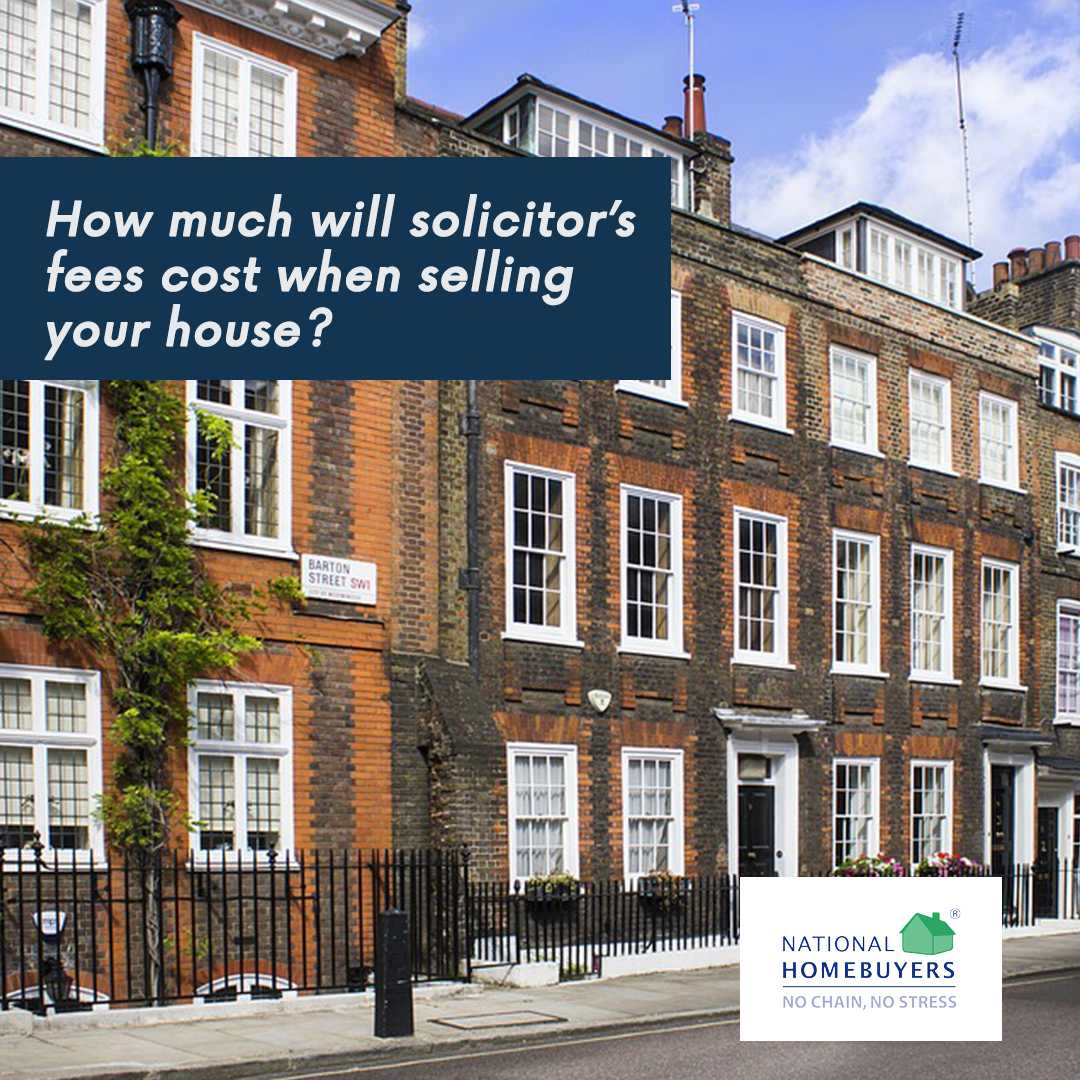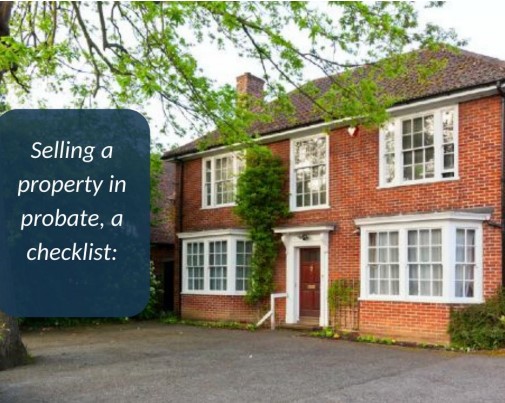How much will solicitor’s fees cost when selling your house?
Whether you’re setting out the expected price for a property listing, or considering which offer to accept, it’s important to understand all of the costs involved. Or you might find yourself walking away with substantially less than you expected. So how much will solicitor’s fees cost when selling your house?
There’s no legal requirement to use a solicitor to help sell your home, although you may find the mortgage company for your buyer will insist one is hired. And the downside of doing all the conveyancing yourself is that the potential savings are greatly outweighed by the cost of being sued if something goes wrong.
Hiring a solicitor or conveyancer means that they will be responsible for the legal process after you’ve instructed them to take on the sale. And it will be their professional indemnity insurance which covers any mistakes, rather than coming out of your bank account.
Why choose a solicitor when selling your home?
Your options for conveyancing will be between an online service, conveyancer or solicitor. By removing face-to-face meetings, an online service will be cheaper for relatively simple house sales. Conveyancers only practice property law, which means they’re able to handle everything within that specialism, but can be limited if there are other factors involved.
Solicitors will have trained across a variety of legal fields, which is an advantage if there are other matters impacting a sale, such as an inheritance or divorce. So, the more complicated your situation, the more it will make sense to invest in a solicitor. Especially if there are issues with restrictive covenants on your property, or you’re looking to sell a home without the title deeds.
Some solicitors will offer their services on a no sale, no fee basis, which means you’ll avoid paying legal fees if the sale falls through, but will still usually require a smaller payment in advance to cover fixed third-party costs. And if you’re looking to save on legal fees, don’t forget that we offer up to £1000 towards your legal costs, subject to conditions.
When you’re selecting the solicitor, make sure they’re registered with the Law Society (or a conveyancer is listed with the Council for Licensed Conveyancers). You don’t have to go with a solicitor recommended by your estate agent, but make sure you do your research before settling on a choice.
The cheapest solicitor isn’t necessarily the best, especially when they might be recouping their costs through more hidden fees, or you have a particularly complex house sale to navigate. Recommendations from friends and family, online reviews, and shopping around will help you find the right firm or individual. Ultimately it can be worth paying slightly more to ensure a smooth and hassle-free sale, rather than simply picking the lowest quote.
What are disbursements?
Along with the money paid to your solicitor, you’ll also need to cover their costs for administrative fees, which are called disbursements. The amount will depend on your individual situation, but the typical house sale may include:
- Obtaining copies of title deeds and plans: £4-£7 per document
- Anti-money laundering checks: £8 per person
- Bank transfer fees: £25-£50.
There are typically more disbursements required if you’re purchasing a property rather than selling, including all of the various searches for information from local authorities and due to environmental risks.
Make sure you check what is required for your sale, and which fees are listed by your solicitor as disbursements, as these will need to be covered whether or not your sale is completed.
How much do solicitors usually charge?
A solicitor will typically charge a fixed cost, or a percentage of the value of the property. If you’re also buying a new home at the same time, it usually makes sense to pay slightly more and use the same person for both transactions.
As a guide for sales conveyancing on a single property, a solicitor will typically change somewhere between £400 and £1,800 depending on how complex the situation is.
If you’re selling a leasehold property, there is usually an additional charge of between £100 and £300 for the extra work involved.
When you engage a solicitor, you may be asked to pay a deposit of up to 10% of the conveyancing fees, with the remainder usually due upon completion.
Choosing a fee based on a percentage of your property value may save you money when you’re selling a small home, and everything is highly likely to proceed quickly and smoothly. A fixed project fee is a much better option if things are going to be more complicated.
How much do solicitors charge if a sale falls through?
When you hire a solicitor, you will receive a letter of engagement with their costs and terms including what happens if your buyer pulls out or the sale falls through for any reason.
If you’ve chosen a no sale, no fee option then you will still have to cover any disbursements. For other solicitors, the amount charged will generally depend on how much work has been completed until that date. This can either be calculated on the exact time spent so far, or a fixed percentage of the overall fee.
Assuming you still want to sell your house after a buyer has pulled out, and you’re happy with your solicitor, it’s worth checking with them whether any of the work completed will apply to a new sale, which avoids you potentially paying to duplicate it again in the future.
If a buyer pulls out after contracts have been exchanged, you’re entitled to sue for damages including legal fees.
How to save money on solicitors when you’re selling a house:
- Shop around rather than accepting recommendations from estate agents
- Decide whether a percentage-based fee or fixed cost is likely to be cheaper
- Check the small print for disbursement costs and what happens if a sale falls through
- Weigh up the costs and how much money you’ll receive from the sale versus a quick cash offer with up to £1,000 towards your legal fees
With any professional service, it’s important to balance the cost against the benefits in expertise and trust. Investing slightly more in a solicitor to sell your house may not be necessary for a simple sale, but is a good idea when the property situation is much more complicated. Selling a home can be a very stressful time, so having trustworthy and reliable legal representation can make things a lot easier.






